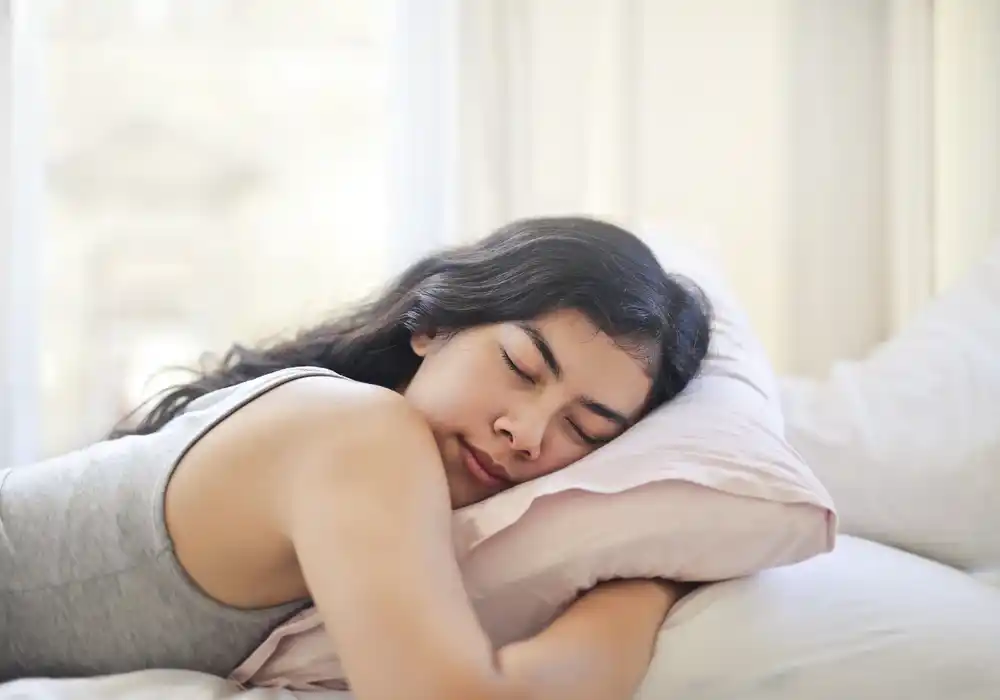Snoring & Sleep Disorders

Snoring can be an indication that the airway is becoming partially blocked while you are sleeping. This blockage can occur within the nose, at the back of the nose, behind the soft palate, in the back of the throat, or just above the vocal cords. Many times, more than one location is causing a partial obstruction. Your symptoms may be worse after drinking alcohol or taking certain sleep medications.
When the body is not able to take in enough oxygen while you sleep due to this blockage, it is a problem called obstructive sleep apnea (OSA). You may not notice the effects of sleep apnea on a day to day basis, but over long periods of time it can increase your risk of heart or lung disease in the future, if your apnea is severe. Therefore it is important to treat this underlying condition in order to prevent some of these long term complications.
In order to diagnose obstructive sleep apnea, your doctor will order a sleep study. This may need to be performed at a sleep center, or at times can be performed at your own home. Depending on the results, you may be a candidate for several types of therapy. Often, mild sleep apnea can be improved with weight loss. If your apnea is more severe, the problem is best treated with continuous positive airway pressure (CPAP), which helps keep your airway open at night while you are sleeping. Other times there may be a variety of devices you can wear at night in your mouth, or surgical options that may be available to you.
Your physician will consider your overall medical history, and degree of your sleep apnea before determining which treatment plan fits you best. Our goal is to increase your overall energy by improving the quality of your sleep.

